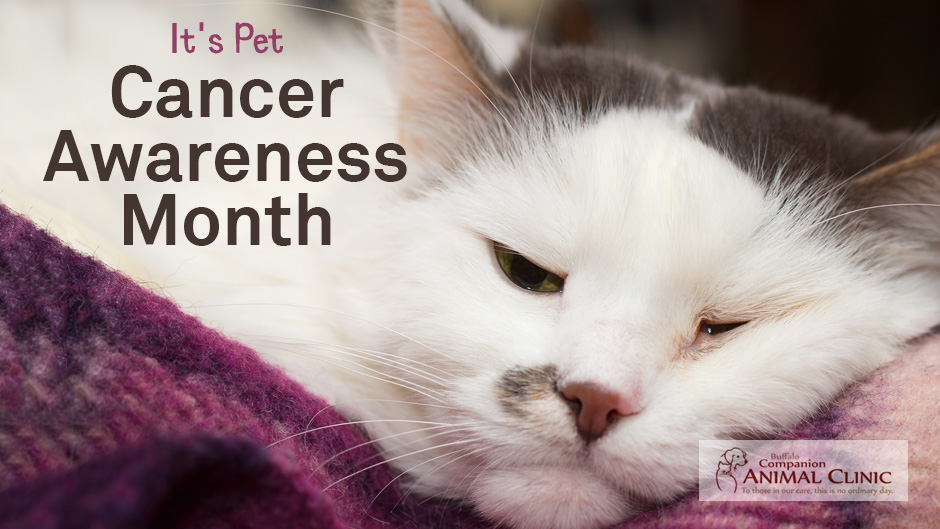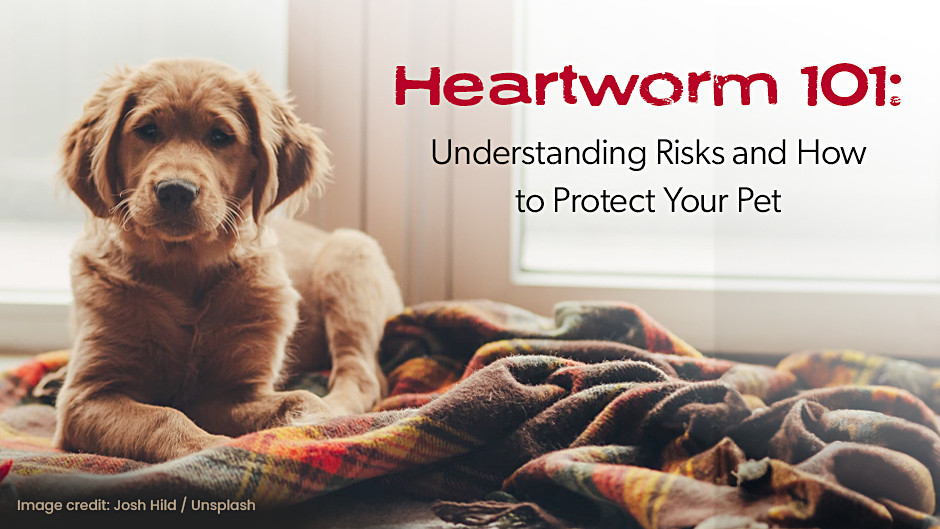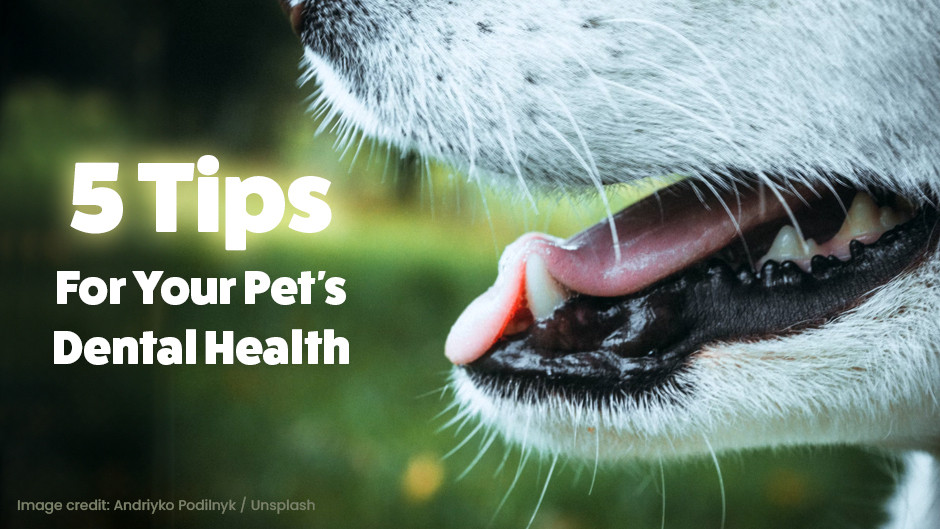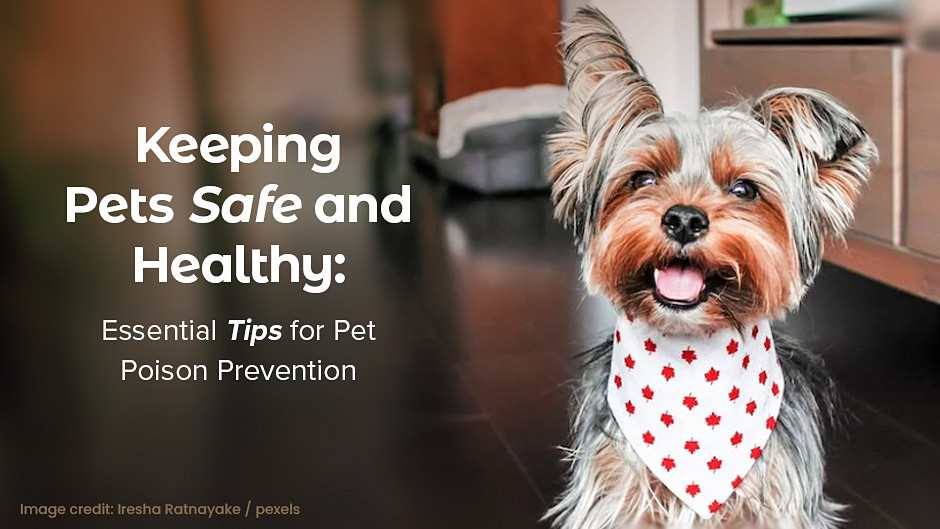Pet Health Articles
It's Pet Cancer Awareness Month
2017-11-14

When we hide our pain and sickness, it's not to make things more difficult for you. It's just in our DNA to never show weakness. That's why my fellow cats and my dog friends need you to look for the signs of cancer, especially in our golden years. Although your pet could be really sick, the good people at Buffalo Companion Animal Hospital will do whatever they can to make him feel better and live longer.
With appreciation,
Carlos
A diagnosis of cancer often takes pet owners by surprise. Because of this, Veterinary Pet Insurance decided to launch Pet Cancer Awareness Month in November of 2005. The good news is that awareness has increased significantly since that time. The bad news is that cancer is still the most common fatality for dogs and cats nationwide. It is so prominent that the Veterinary Cancer Center indicates that half of all dogs and cats who die from a disease had cancer.
Although this deadly disease is diagnosed more often in dogs, it tends to act more aggressively in cats. The earlier your pet receives a diagnosis, the better her chances of beating cancer.
Indications Your Pet Could Have Cancer
Dogs and cats are notorious for hiding their sickness and pain. While certain things may be obvious, such as vomiting or an offensive odor, others require you to pay close attention to your pet’s routine to notice that something is wrong. We encourage you to contact Buffalo Companion Animal Hospital right away if you notice any of these symptoms:
Dogs and cats are notorious for hiding their sickness and pain. While certain things may be obvious, such as vomiting or an offensive odor, others require you to pay close attention to your pet’s routine to notice that something is wrong. We encourage you to contact Buffalo Companion Animal Hospital right away if you notice any of these symptoms:
- Vocalizations when trying to eliminate
- Eating less than usual
- Stiff or unusual gait
- Problems chewing or swallowing food
- Unintended weight loss
- Slow-healing sores
- Fatigue
- Bleeding without an obvious injury
- Swelling anywhere on the body that gets more pronounced over time
It doesn’t necessarily mean your pet has cancer if he displays some of these symptoms. However, they typically mean something isn’t right and that your pet needs some form of treatment.
Common Forms of Cancer in Dogs and Cats
The following types of cancer are most common in household pets:
Feline Leukemia: Kittens receive this diagnosis more frequently than older cats since they can inherit it from their mother before birth. You may want to consider a feline leukemia vaccine if your cat goes outside or if you have two or more cats.
Canine Lymphoma: Specific to dogs, this cancer grows in the white blood cells, bone marrow, and intestinal tract.
Osteosarcoma (Bone): Most common in large dogs, bone cancer typically appears in the leg bone or ribs. It’s uncommon in small dogs and in cats.
Oral: Most common in dogs, this cancer typically presents with bleeding from the nose or a noticeable challenge in eating.
Abdominal: Abdominal cancer can include tumors founds in the intestines, liver, kidneys, and spleen. Unfortunately, your pet’s swollen belly can disguise them for a long time.
Breast: Breast cancer is the most commonly diagnosed cancer of female dogs. With cats, tumors turn malignant more than 80 percent of the time.
Bladder: Pets who live in homes with smokers tend to develop this type of cancer more often.
Skin: Skin cancer is the easiest to treat because it’s visible. The biggest risk factor is spending a lot of time in the sun.
Prostate/Testicular: These are aggressive types of cancer found in male dogs and cats. Your pet may have trouble defecating because of a tumor pressing on his lower colon. Testicular cancer shows up most often in pets who haven’t received treatment for a parasite infection or who live near many environmental toxins.
Preventive Care Can Help You Stay Ahead of Cancer
Since cancer is especially prevalent in older pets, it’s important to bring your pet in for regular preventive care exams. Cancer is a devastating diagnosis, but your pet has a better chance of avoiding it or overcoming it with proper nutrition, exercise, a healthy and stimulating home environment, and regular check-ups at Buffalo Companion Animal Hospital.
Photo Credit: Tverkhovinets / Getty Images
Since cancer is especially prevalent in older pets, it’s important to bring your pet in for regular preventive care exams. Cancer is a devastating diagnosis, but your pet has a better chance of avoiding it or overcoming it with proper nutrition, exercise, a healthy and stimulating home environment, and regular check-ups at Buffalo Companion Animal Hospital.
Photo Credit: Tverkhovinets / Getty Images






